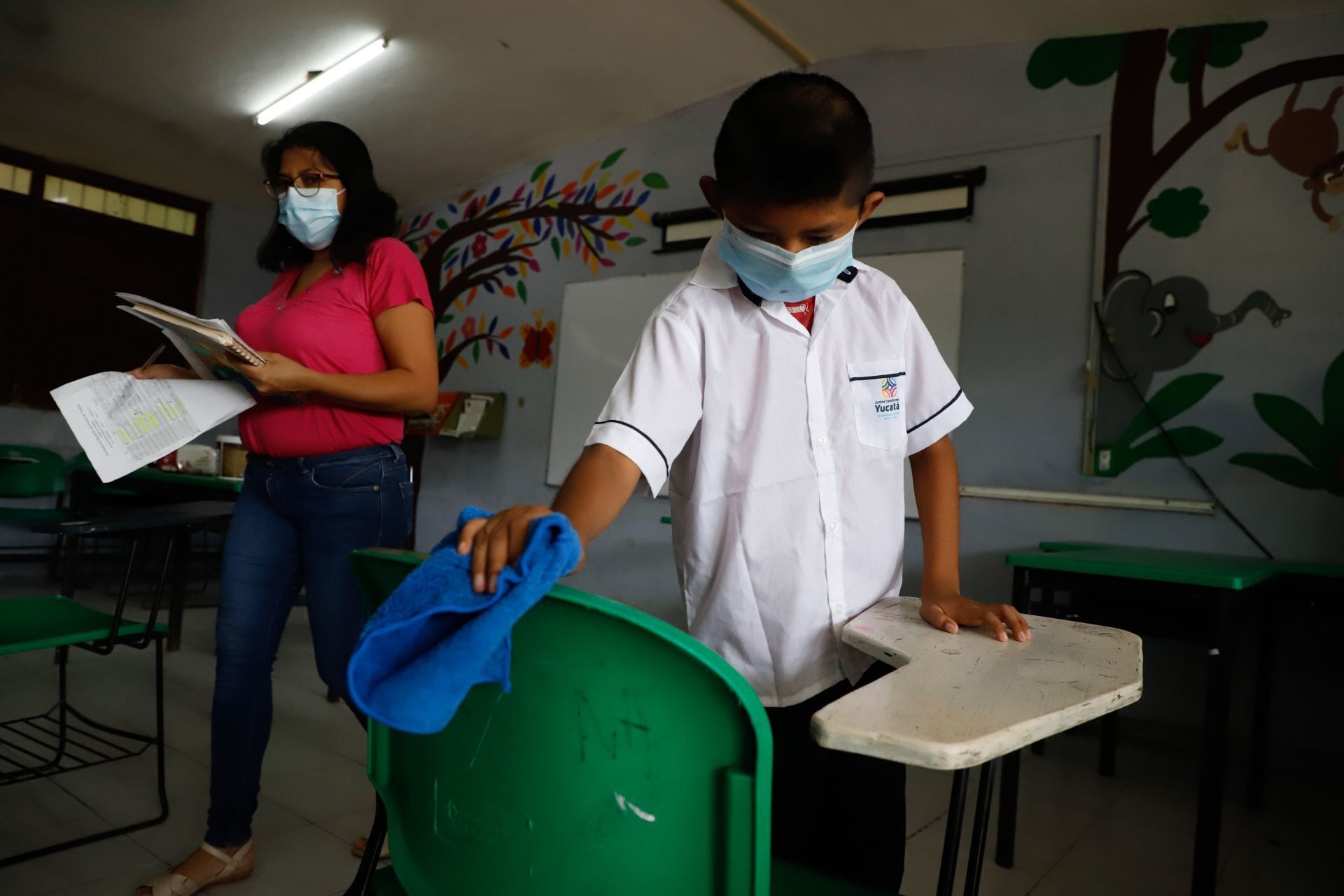An Arab legend tells that many years ago a shepherd named Kaldi noticed that his goats had gone mad after eating the fruits of a bush. He took some branches of what they had consumed to a monastery, studied them and made a new infusion with their roasted grains. It was brown.
In an article, the nutritionist Lorenza Torrente Alba tells that this is just an anecdote, since it has been documented that it was not until 1820 when the German chemist Friedlieb Ferdinand Runge isolated the caffeine, the coffee alkaloid that causes its stimulant effects.Thus, scientists realized that this substance is in other plants besides coffee, we find it in leaves, seeds and fruits of tea, cocoa, cola nuts and in 60 other plants, explains Torrente Alba.
Coffee or tea: this is the caffeine you consume
These morning drinks are responsible for waking up millions of people around the world, there are those who say that tea causes them an effect as powerful as coffee; others can’t start the day without that cup of Americano or espresso. What makes the morning move is precisely the caffeine.In 1998, an article called Is caffeine addictive? explained that it was positioned as the most used psychoactive substance in the world , “in Western society, at least 80 percent of the adult population consumes caffeine in amounts large enough to have a effect on the brain”.However, although both contain it, coffee and tea have a different effect depending on the amount of caffeine.In the article To the point: How much caffeine is too much?, the Food and Drug Administration (FDA, for its acronym in English ) explains that the caffeine content of various beverages:
- Coffee: 80 to 100 milligrams per cup.
- Tea or decaffeinated coffee: although they have less caffeine, they do contain it, a cup of decaffeinated coffee normally contains 2 to 15 milligrams.
- Canned soda: 30 to 40 mg per can (355 ml) .
- Energy drink: 40 and 250 milligrams per container (237 ml).
- Green or black tea: 30 to 50 milligrams of caffeine per cup (237 milliliters).
Clearly coffee has the advantage over tea in terms of the amount of caffeine, but that is not all.Does the coffee?The effects of caffeine vary in each person’s body.In an article in the Gazette of the UNAM Faculty of Medicine, Dr. Mónica Méndez Díaz, an academic from the Department of Physiology, explains that caffeine acts directly on the nervous system and when it enters it produces effects of pleasure or repudiation.Thus, while in some people drinking a caffeinated beverage brings about a state of alertness and a pleasant sensation, in others it increases the heart and respiratory rate, which causes anxiety, something undesirable for those who just want a drink to wake up in the morning.The specialist points out that a cup of coffee takes five or six hours to metabolize, however, other research indicates that there are those who do it faster due to genetics.
How powerful is the tea?
Tea can have similar effects to coffee, but to a lesser extent.Therefore, who is used to drinking four to five cups of coffee a day (equivalent to the 400 milligrams of caffeine recommended by the FDA), a tea will not give the same result.It should be noted that each type of tea will have a different result, since black, green, white or matcha teas are not the same, which are capable of providing energy to start the day, but vary in terms of the amount of caffeine. One of the most popular mixes in the world is the English Breakfast, which contains about 42 milligrams of caffeine per cup (237 milliliters), for some drinkers that’s enough.Also, let’s remember that tea is a drink that should not be confused with the infusions that we popularly call “tea” in Mexico, such as chamomile, which would have a relaxing effect. What is better? There is no definitive answer, since coffee or tea act differently depending on the person.
Note: This article have been indexed to our site. We do not claim legitimacy, ownership or copyright of any of the content above. To see the article at original source Click Here











